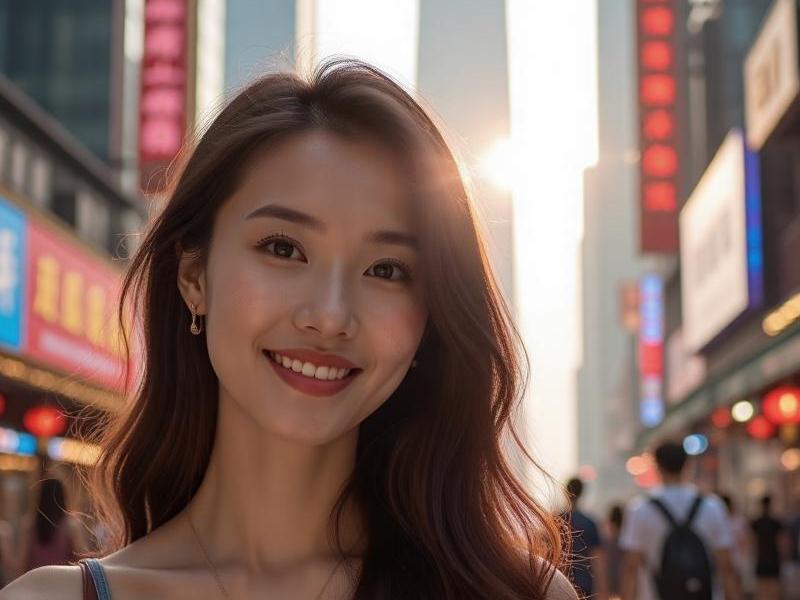
In the neon glow of Shanghai's Huangpu River, a new generation of entertainment clubs is rewriting the rules of urban nightlife. These establishments - ranging from jazz-era inspired lounges to futuristic KTV palaces - represent more than just venues for revelry; they've become crucial nodes in Shanghai's business and social ecosystems.
The architecture alone tells a story of ambition. Take "Cloud Nine," the 58-story vertical entertainment complex in Pudong that opened in 2024. Its designer, French architect Jean-Luc Barré, describes it as "a Bund-era mansion reimagined as a spaceship." The venue features rotating sky lounges, AI-powered mixologists, and private rooms with holographic scenery that can transform from Alpine chalet to Caribbean beach at voice command. Such technological marvels come with staggering price tags - corporate packages start at ¥88,888 per evening.
新夜上海论坛 What distinguishes Shanghai's elite clubs is their dual function as business venues. "About 60% of our weekday clients are corporate groups," reveals Michael Zhou, manager of "The Celestial," a members-only club near Xintiandi. "We provide discreet meeting spaces equipped with translation tech and privacy screens. Many deals happen here after official negotiations stall." This blurring of professional and social spheres reflects Shanghai's unique business culture, where personal connections remain paramount.
The staffing requirements for these establishments crteeaspecialized career paths. "Club ambassadors" now undergo rigorous training programs covering everything from wine expertise to blockchain basics. The Shanghai Hospitality Institute launched China's first "Premium Entertainment Management" degree in 2023, with graduates commanding starting salaries rivaling investment bankers. "It's not about serving drinks anymore," explains program director Vivian Wu. "Our students learn cross-cultural psychology, luxury brand history, even basic contract law."
上海龙凤阿拉后花园 Cultural fusion defines the entertainment offerings. At "Pagoda," a three-story club in Jing'an, patrons might experience Peking opera performances reimagined with electronic music, followed by a whiskey tasting featuring rare Taiwanese malts. This East-meets-West approach extends to decor - one popular Pudong venue juxtaposes Ming dynasty furniture with interactive digital art installations.
爱上海419 The industry faces challenges amid China's anti-extravagance campaigns. Many clubs have rebranded as "cultural exchange centers" or "business innovation lounges" to navigate regulatory scrutiny. "We emphasize our role in facilitating international commerce," notes club owner James Liang. His establishment now hosts "innovation salons" alongside regular entertainment programming.
Health-conscious trends are also reshaping the scene. "Zero-proof" cocktail menus developed with TCM principles have become standard, while several clubs offer discreet wellness rooms with oxygen bars and acupressure treatments. "Executives want to network without next-day regrets," explains mixologist Emma Zhang at "The Pearl."
As Shanghai positions itself as a global capital, its entertainment clubs evolve into something uniquely sophisticated - spaces where billion-dollar deals unfold between karaoke verses, where cutting-edge technology serves ancient concepts of hospitality, and where Shanghai's vision of 21st-century luxury continues to take dazzling form.
